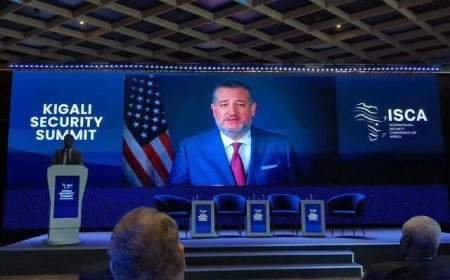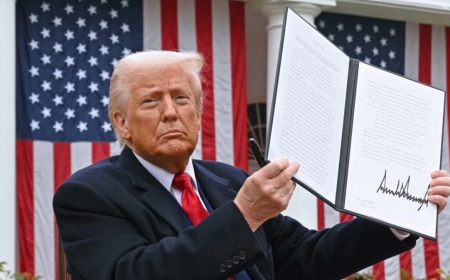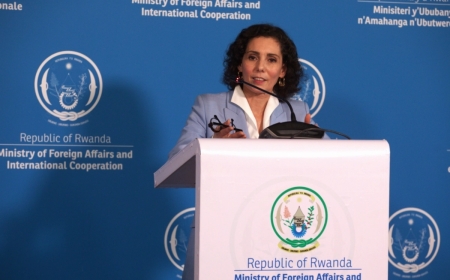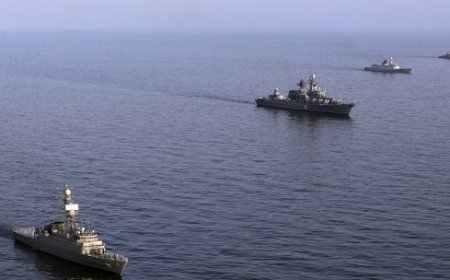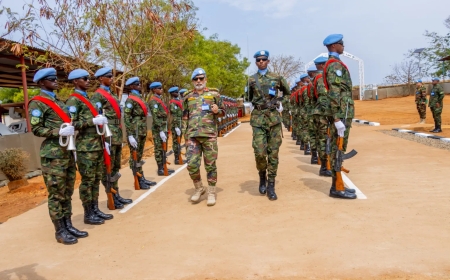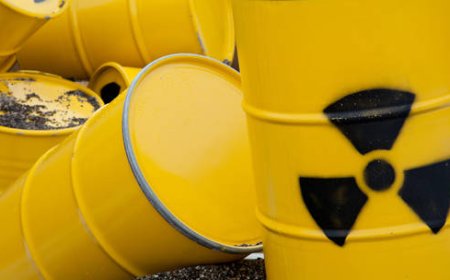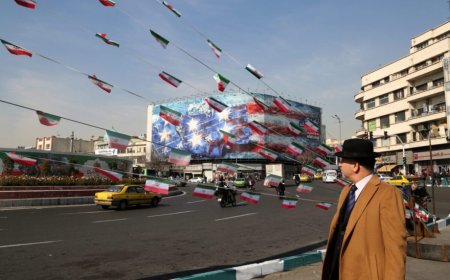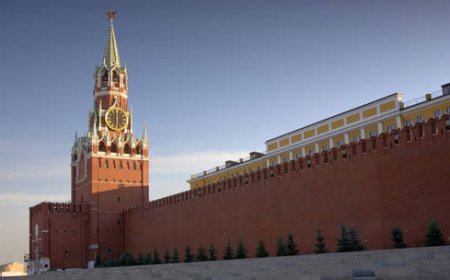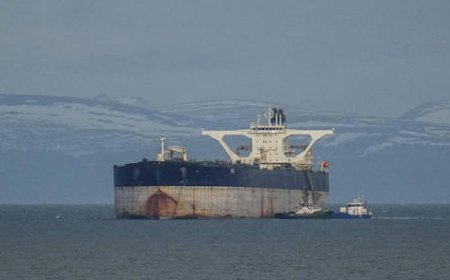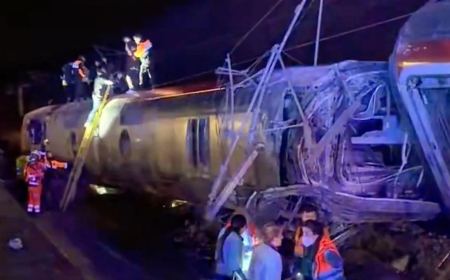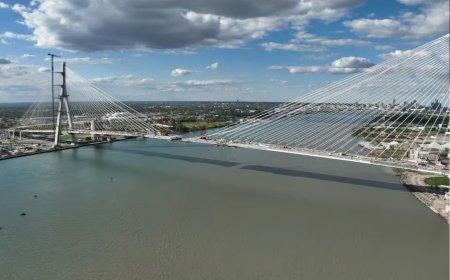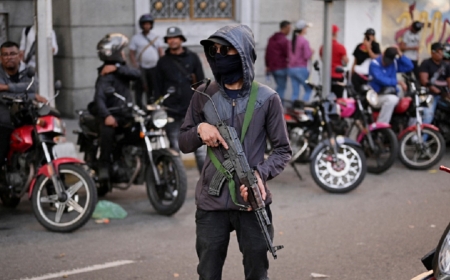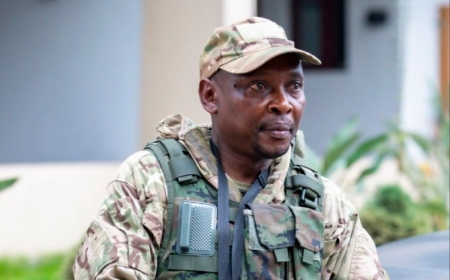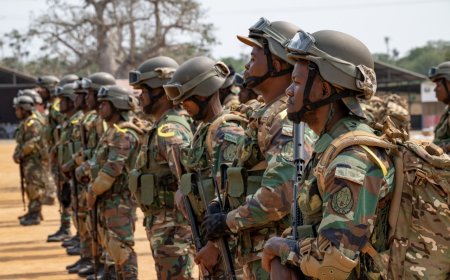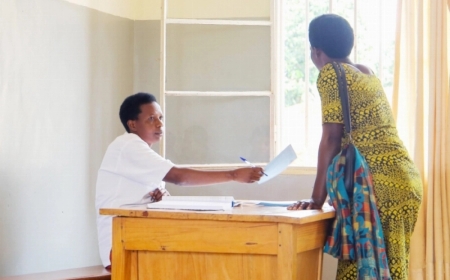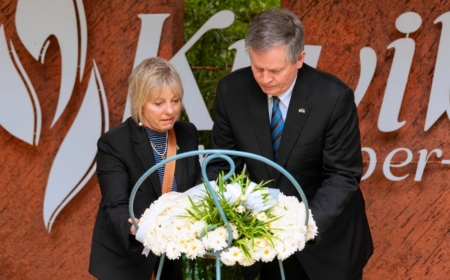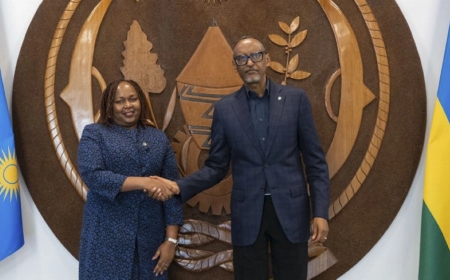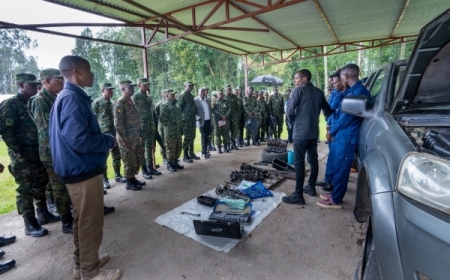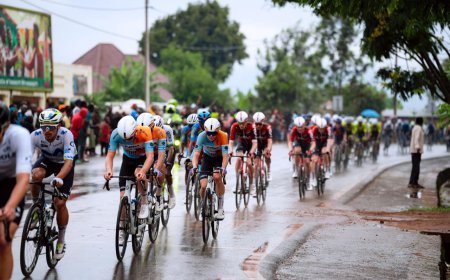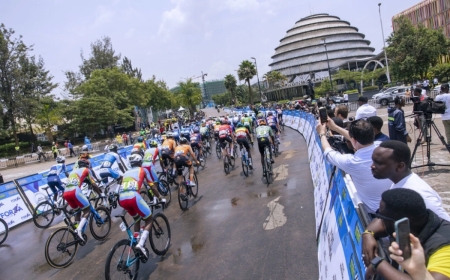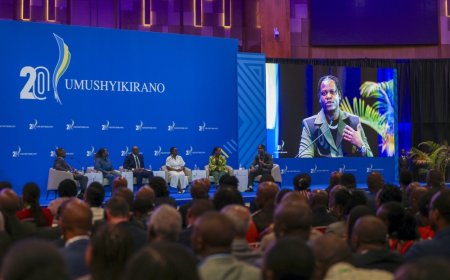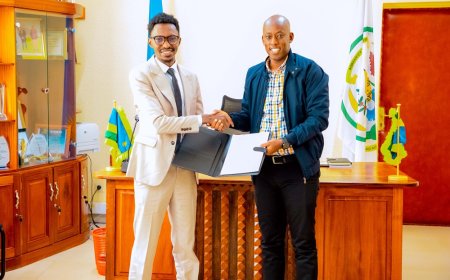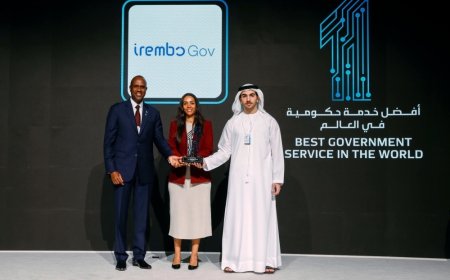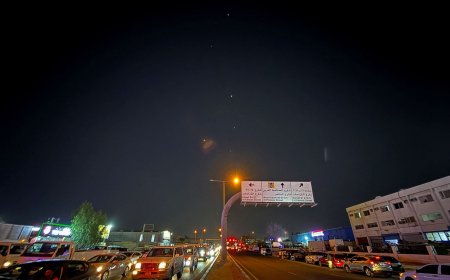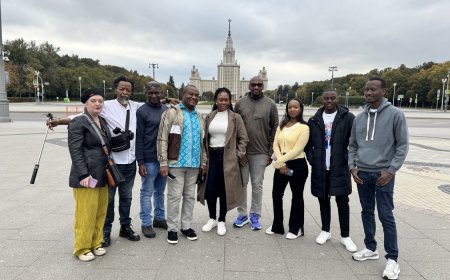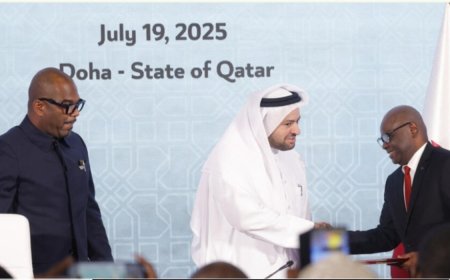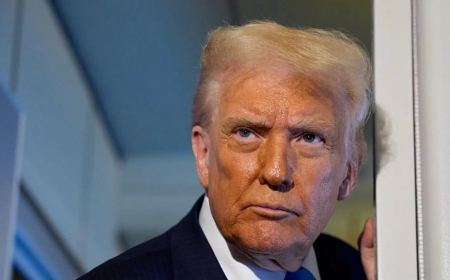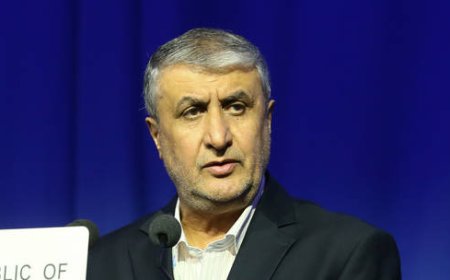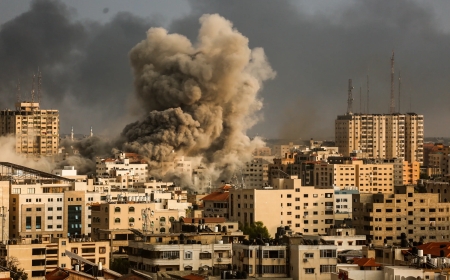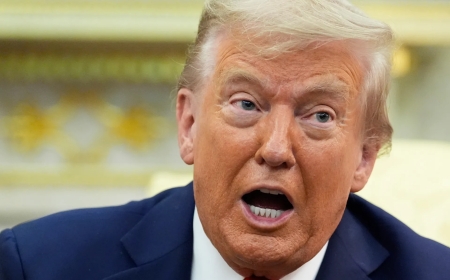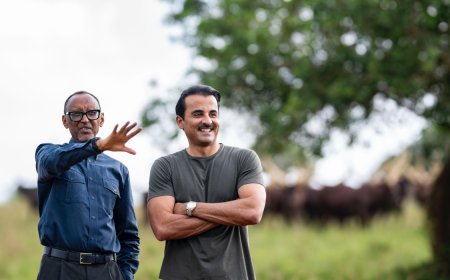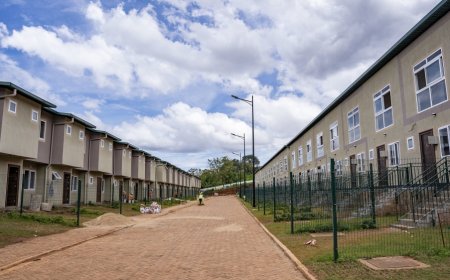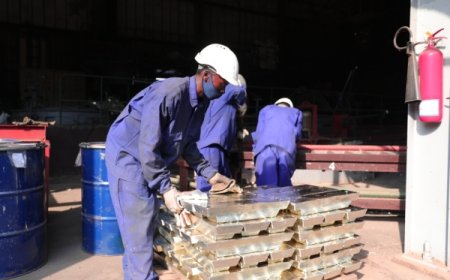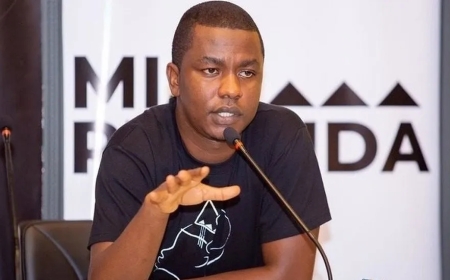Rwanda to build Nuclear Power Plant by 2030, Says RAEB
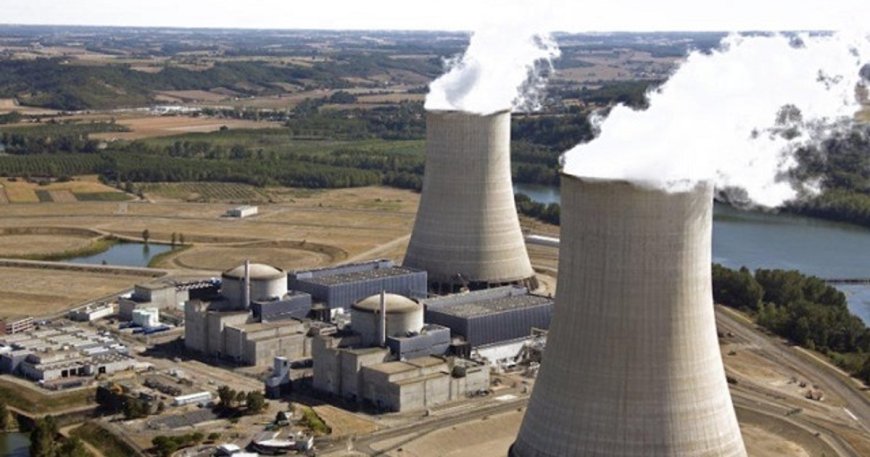
Rwanda is on track to become one of the few African nations with a nuclear power plant by the year 2030, the Rwanda Atomic Energy Board (RAEB) has confirmed. The development is part of the country’s long-term energy strategy to boost electricity production and support national development goals.
The announcement came during a media briefing ahead of the upcoming Nuclear Energy Innovation Summit for Africa (NESIA 2025), which will take place in Kigali. The summit is expected to bring together nuclear energy experts and policy-makers from over 30 countries to discuss the future of nuclear innovation across the continent.
RAEB officials noted that Rwanda began its nuclear journey in 2018 through a cooperation agreement with Russia to establish a Nuclear Research Centre. The ultimate goal is to develop a power plant that will help reduce Rwanda's energy dependence and increase access to reliable electricity.
In August 2024, Rwanda signed a major partnership with Nano Nuclear Energy Inc., a U.S.-based nuclear energy company, to develop next-generation technologies for nuclear power generation. This followed a similar agreement in 2023 with Dual Fluid Energy Inc., a firm based in Germany and Canada, to test innovative reactor designs.
The planned facilities include Small Modular Reactors (SMRs) and Micro Reactors, known for their compact design, safety, and efficiency. These reactors require less land and personnel—around 220 to 250 employees per unit—but deliver significant power output without harmful environmental effects.
In addition to infrastructure development, Rwanda is investing heavily in human capital. More than 200 Rwandan students and RAEB professionals with foundational knowledge in nuclear science are currently undergoing international training to build local expertise in the sector.
This historic push into nuclear energy aligns with Rwanda’s Vision 2050, which aims to transform the country into a high-income, knowledge-based economy.
